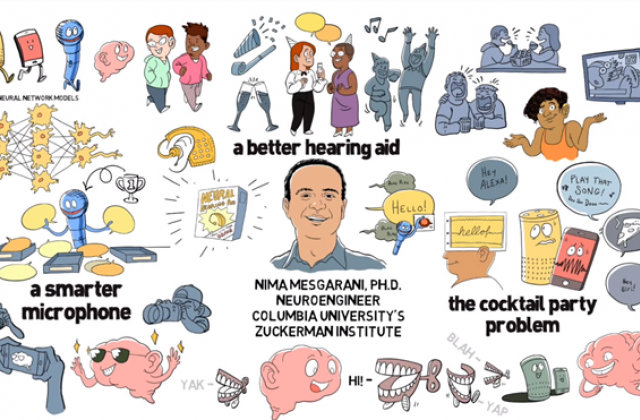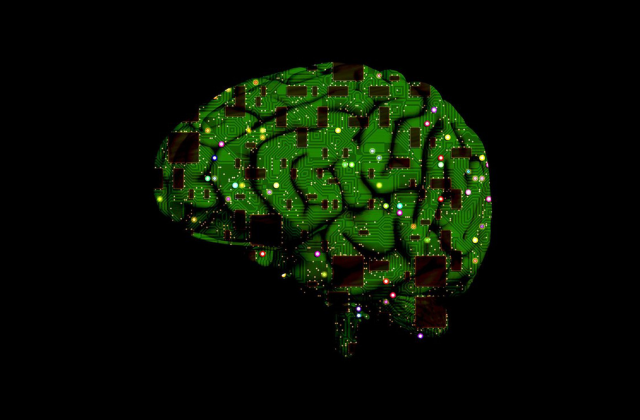Does musical improvising teach your brain to think differently?

Columbia University researchers have shown that repeated practice in musical improvising can change the brain. Paul Sajda, a biomedical engineer and member of the Data Science Institute, and Andrew Goldman, recently a fellow in the Presidential Scholars in Society and Neuroscience program, asked 40 musicians to listen to a series of chord progressions.
Sajda and Goldman interspersed two chord variations in the series: one in the same class (a similar chord with its notes inverted, for example) and one from outside that class (such as a major chord following a minor chord). The brains of the practiced improvisers showed distinct patterns of electrical activity when encountering the second, unsuitable type of chord variation. Skilled improvisers, it turned out, could react more quickly to unfamiliar musical situations.
“Improvisational practice seems to reinforce how the brain represents different types of musical structures,” said Sajda.
George Lewis, a professor of composition and musicology at Columbia who co-edited the Oxford Handbook of Critical Improvisation Studies, and who was not involved in the study, said, “This work shows that far from being ineffable or mysterious, the practice of improvisation can be studied scientifically, yielding new knowledge about the brain and how we all get along in the world.” Learn more.
Make Your Commitment Today




